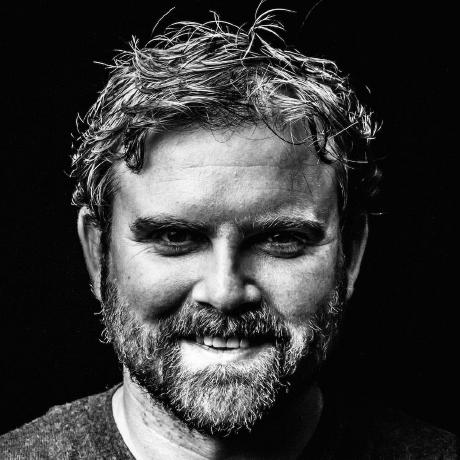Open Source Personal AI is the Path Forward
I absolutely agree Open Source AI is the Path Forward, and while Meta's Mark Zuckerberg raises pertinent points on geopolitics and business opportunities, I'm more about making it personal with personal AI, which we've been calling "pAI" in the open source Personal Artificial Intelligence Operating System (pAI-OS).
Like with the widespread adoption of computers starting half a century ago, Artificial Intelligence can empower individuals in their daily tasks, encourage lifelong learning, and enhance personal growth. It can also replace them, leaving many without work or a sense of purpose. Like computers, it will likely do both depending on who you are, but we can all agree we're better off for them.
Open source became popular around that time as a way to protect freedoms and prevent vendor lock-in, and today most Internet infrastructure runs on open source products like Linux (pAI-OS aims to be "The Linux of Artificial Intelligence"). The evolutionary shift from products to services that we called "Cloud Computing" meant users weren't running software locally any more, rather on millions of servers running Linux — in some ways cloud is "just someone else's computer".
With the advent of personal AI this paradigm is problematic, because the power of the AI is proportional to the amount of data it has available. Rather than use the right tool for the job, people will be forced to "pick a pocket" and store their data in proximity to their personal AI of choice, be it Apple's Siri, Microsoft's Cortana, or Google's Assistant. With Open Source AI and models like Llama 3.1 powering projects like pAI-OS, consumers will retain the choice to store and exploit their most valuable asset where they want, once again protecting important freedoms.
That's why I'm devoting so much time to its success, as I did 15 years ago with cloud, while studying for an MSc in AI at Georgia Tech. AI is the future, but I prefer a future where users are in control of their data and destiny, not one where we become digital serfs to technocratic overlords.
